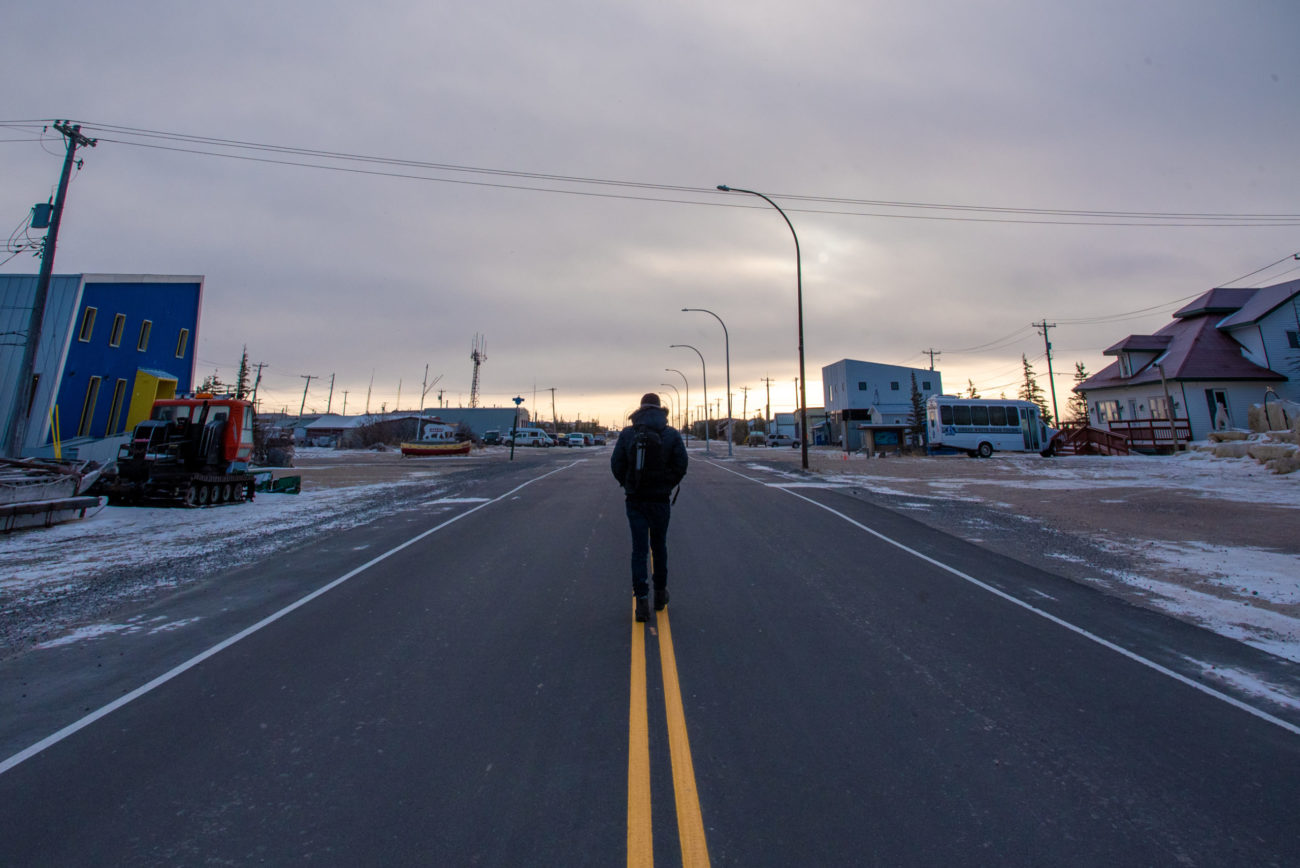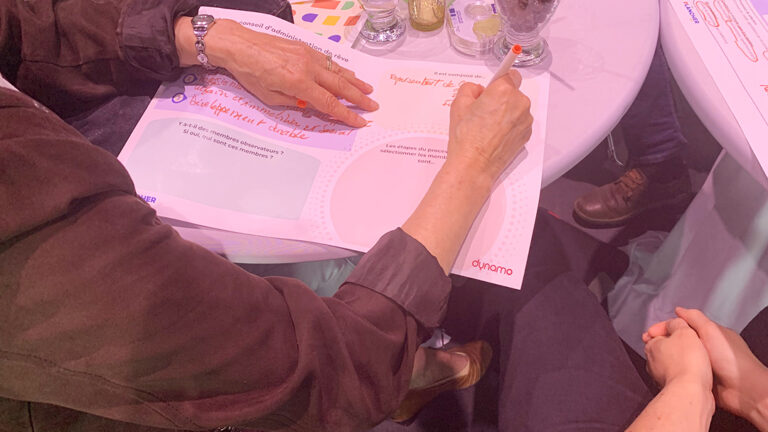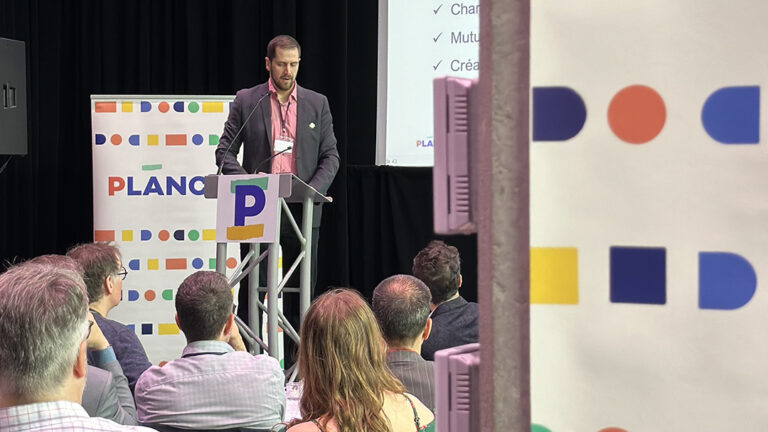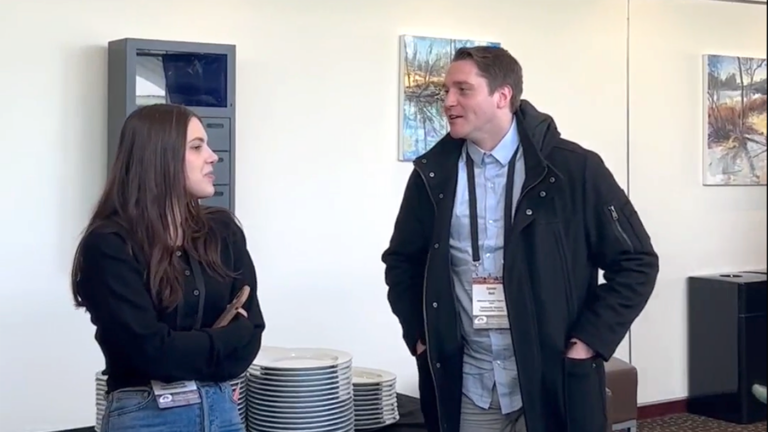For Indigenous populations, the concept of homelessness is much broader than the simple lack of shelter—it encompasses the alienation inherent in three centuries of being uprooted from their cultures and communities.
Finding home was not always easy for Métis-Cree author Jesse Thistle. “I have a dark past and if you knew me back when I was struggling, you would be surprised that I ended up being a professor [at York,] in one of Canada’s largest universities,” Thistle shared candidly at a talk given in January at Carleton University. It is surprising that Thistle lived to tell it all: just a decade ago, he was in and out of jail, lost inside an endless haze of drug abuse and homelessness. He identifies cultural dissociation as the root cause of the malaise that led to his addiction and life on the streets.
And this cultural dissociation is palpable within the first few pages of his memoir From the Ashes, as a young Jesse muses, after telling a classmate that he wasn’t “Indian” but Italian. “I thought about my parents and all the questions that burned within me growing up, and the resentment that had taken root. I hated them. I hated myself. I hated explaining to other kids where my parents were and why my skin was darker than theirs. I felt torn between wanting to be Indian and wanting to hide in my lie.”
Today, weaving his personal story within his academic work on Indigenous homelessness for the Canadian Observatory on Homelessness, Thistle puts a human face on the Indigenous concept of “home”—where emphasis is placed on a holistic approach rather than built environment.
Homelessness through an Indigenous lens
Thistle’s story mirrors the experience of many First Nations, Inuit and Métis children, now adults, separated from family and community and raised by extended family and/or institutions—an explosive cocktail that in turn makes them vulnerable to substance abuse and homelessness.
“As a basic human being, we are all seeking a place to belong. And for most people, it starts with the sense of family and the sense of community,” says Margaret Pfoh, CEO of the Aboriginal Housing Management Association of British Columbia.
“When [you] are dispossessed from that, for whatever reason it might be, in my case it was the Sixties Scoop, and in today’s era it’s the apprehension of our Indigenous children (…) there’s an ongoing battle happening in your mind, in your heart, in your emotions, and those are barriers before you even start meeting your other basic needs as a human being.”
And the consequences are far reaching: the Indigenous population experiences homelessness at much higher rates than other groups. Indigenous people in major urban areas represent 20 to 50% of the total homelessness population. On any given night, according to a 2013 study, one in 15 urban Indigenous people is homeless, compared to one out of 128 non-indigenous people. Indigenous people represented anywhere from 11 per cent of the homeless population to as high as 97 per cent in some cities.
But numbers do not tell the whole story, so the Canadian Observatory on Homelessness hired Thistle to collaborate on determining the definition of Indigenous homelessness through a composite lens of Indigenous worldviews.
Part of the task entailed intense consultation with First Nations, Métis and Inuit people with lived experience of homelessness, as well as Indigenous scholars, front-line workers and community members working in the field, over a period of a year and a half. Thistle found the stories relayed to him had a common thread, providing a unique window on this issue.
“Indigenous homelessness is not about not having a structure to live in; it runs much deeper than that,” Thistle reported in an essay for the Observatory. “It’s about not having healthy social, physical, spiritual, and emotional relationships. It’s about not having one’s indigeneity.”
In contrast with a common colonial understanding of the term, Indigenous homelessness is tied not only to the housing market and limited availability of affordable housing, but is also a direct result of hundreds of years of constant, deliberate destruction of Indigenous culture, linguistic heritage, and autonomy. The Sixties Scoop—the mass removal of Indigenous children from their homes, communities, and families, into the child welfare system, that sought their assimilation—is just one example.
Thistle conceived the 12 Dimensions of Indigenous Homelessness with the hope it could be used to understand and find solutions tailored to the First Nations, Métis or Inuit person or community.
“In short, Indigenous homelessness in Canada today can be explained, and solutions to it envisioned, only if we pay attention to the broader legacy of marginalization and displacement created by settler colonialism,” Thistle writes in his landmark Observatory report, the 2017 Definition of Indigenous Homelessness.
The past informs the present
Yet, according to Pfoh, and many others, the history of cultural dispossession is repeating itself.
“I read a report about a month ago, that there are currently more Indigenous children in care than there ever was in residential schools. Which is a profound statement on the future of our population,” she says.
The child welfare system is, indeed, seen by some as an extension of the residential school legacy, as the outcomes for Indigenous teens aging out are tragically similar: a greater risk of homelessness, mental-health issues, incarceration, premature death, loss of family, language and cultural connections, and the loss of a sense of belonging.
The support available to youth aging out of foster care is determined by each province or territory, but many exit the system lacking basic skills necessary to live independently—a highway to homelessness.
“Jesse alludes to this in his book, you have that war within yourself, that dissonance within your being, and you are constantly trying to find that balance,” adds Pfoh. “[For] people who have their family, their community, that sense of belonging—it’s one less battle.”
Jesse Thistle and Margaret Pfoh are keynote speakers at the Canadian Rural and Remote Housing and Homelessness Symposium on June 1-3, 2021. Information and the registration sign-up can be found here.



